At AcelaBio, our employees come first. We engage inspired and talented individuals who help us shape the future of delivering reliable, high-quality clinical research services. Over the past several months, the team has grown and has expanded their laboratory service, and in celebrating this, we wanted to highlight one of our employees. Vicky Lor, Histology Laboratory Assistant, offered to provide some insight into her role at AcelaBio and more about the lab itself.
How long have you been in the position of Histology Laboratory Assistant?
I have been with AcelaBio for 1 year and 3 months as a Histology Laboratory Assistant.
What was your educational background in preparation for becoming a Histology Laboratory Assistant?
I did not finish school however, I worked in a lab setting for 3 years and had previous experience with accessioning in addition to some billing work. This made me ideal for the position, as a lab assistant can wear multiple hats in the lab. I am currently taking classes to work towards getting certified as a Histotechnologist!
How do you start your morning?
I start my morning checking my emails for about an hour or so then, getting coffee in between that. Most of my emails are responding to requests, receiving invoices, and sending those invoices. Lately, I have been more frequently preparing kits for sample collection for different studies in which I receive via email request. Depending on how dense my email catch-up is, I’ll finally jump in the lab by 9:30.
What is a typical day like in your role?
A typical day is a mix of office work and lab work. I start off with emails and then move into the lab. In the lab, my workflow basically starts with accessioning. Samples usually come in the morning or there will be leftover samples from the previous day to work on. After accessioning is slide scanning. Once the slides have been processed and stained, we scan them to upload for central reader assessment, and afterward, the cases are signed out (basically finalizing the case) and stored. If I were the only Lab Assistant that would be my typical cycle, however as there are a few of us in the lab now, it helps that we can all rotate different stations throughout the day. In between those three stations, we help the Histotechnologists with any other tasks that we are allowed to perform like cleaning, maintaining machines, or unloading samples from machines. In between all that, we’ll check mail and sort through it as well as keep up with inventory and make any purchases that are needed for the lab. It can get a little crazy going into the lab and back into the office, so it’s important that as a Lab Assistant we have good time management and organization skills.
Tell us about how a Histology Laboratory Assistant fits into the lifecycle of a clinical trial? Where/what stage do you become involved?
We are important for the lifecycle of a clinical trial because it starts with us in the lab. When we receive samples, we must accession in order to start the flow downstream for the Histotechs. Every task is documented in our system as the sample must be scanned at each station and it ends with the Lab Assistants at case sign-out and storage.
Where/when does your role finish during the trial process?
I would say it ends at finalizing the case and storing them, but it really doesn’t end until the trial is completed, and we prepare everything, blocks, and slides to ship out back to the sponsor. We work with the project managers to consolidate all the samples we have in house, and we ‘deaccession’ each sample to send back to the sponsor. We have to unarchive to ensure there is a way to track that we have removed them before the shipment.
How does the equipment you work with help you in your daily role? How is the equipment different from what other labs may use?
Having an LIS (laboratory information system) is helpful as it reduces the amount of manual work we have to do. When we first started, we were manually writing everything and that took almost a third of our day just documenting. There is still some manual work with the LIS, but it definitely beats having to handwrite everything!
Advice for anyone who wants to be in this industry?
It would be very difficult to work here if you have trypophobia (aversion or repulsion to repetitive patterns or small clusters of holes) because part of this job is looking at the images scanned, and some of the tissue images have some patterns that might trigger you. Otherwise, this job is fun! It’s also great for introverts because you’re working with samples and not with patients directly, but you still get to help people.
How do you feel working at AcelaBio?
I really enjoy working at AcelaBio. I like their purpose and work ethic. I was so used to working in urinalysis and production-based areas. I love lab work, but with histology, it isn’t as smelly! There is also something about growing with a small business instead of starting with an already highly established large lab; you don’t feel like a number, you feel just as important as the next worker and your voice is heard.





